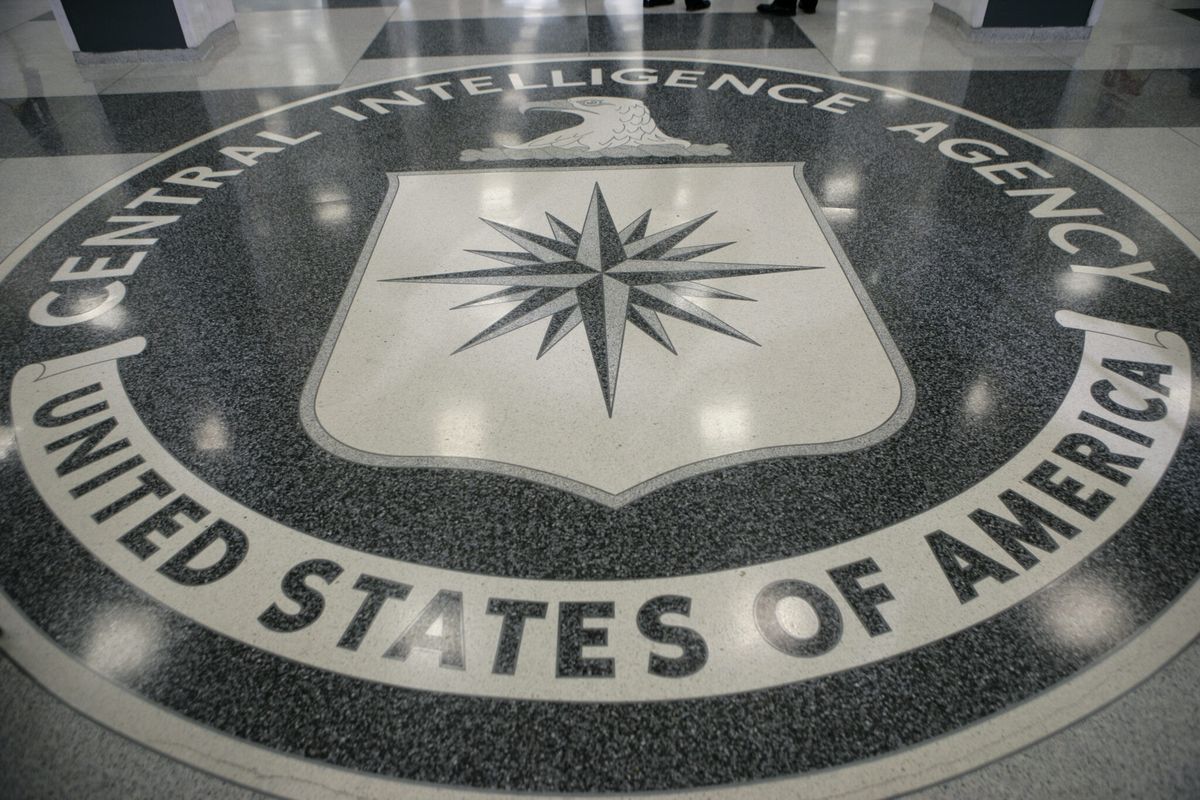OPINION — “The beginning of wisdom”, according to a quote ascribed to Confucius, “is to call things by their proper name.” That saying came to mind when the Department of Justice (DOJ) announced on February 23, 2022, that it was ending its “China Initiative”. That Trump-era program sought to prioritize the People’s Republic of China (PRC) and its massive espionage campaign against our country as the main target for US counterintelligence (CI) efforts. Mention of the Initiative’s title in the press was almost invariably preceded by the adjective “controversial” owing to allegations that it was unfairly directed at those of Chinese heritage.
While a review of the program found no evidence to substantiate claims of wrongdoing by federal prosecutors pursuing cases against suspected violators of US espionage laws on behalf of Beijing, DOJ decided nonetheless to shut the program down out of concern for “anything that creates the impression that…(DOJ)…applies different standards based on race or ethnicity harms the department and (its) efforts and harms the public.” Instead, citing the low conviction rate of cases brought against those charged in China-related spy cases, DOJ announced the initiative will be re-branded as “A Strategy for Countering Nation-State Threats” and expanded beyond PRC spying to encompass espionage threats from Russia, Iran and North Korea.
It is all to the good that we should work to counter the nefarious actions of all these adversaries. And no one can argue with the need to avoid the use of unfounded or prejudicial language and to ensure that espionage laws are equally applied irrespective of race or ethnicity. At the same time, however, an unwillingness to name China as our chief espionage adversary - and to prioritize our CI efforts and resources accordingly – is itself a threat to our national security.
This is not the first time that concern over injudicious or prejudicial speech has undermined attempts to draw attention to CI threats that imperil our country. One such instance was the ‘Red Menace’ era of the 1950’s. Whittaker Chambers, whose testimony as a ‘witness’ played a crucial role in drawing attention to Soviet espionage, spoke to his concern that statements made by Senator Joseph McCarthy could damage efforts to confront Moscow’s spying. "It is,” Chambers wrote, “in fact no exaggeration to say that we live in terror that Senator McCarthy will one day make some irreparable blunder that will play directly into the hands of our common enemy and discredit the whole anti-Communist effort for a long while to come." Indeed, McCarthy’s wild and unsourced claims of communist penetration of a wide range of U.S. government agencies were seized upon by those on the political left and by many of those accused of spying to denigrate investigations into Soviet espionage. No less a personage of the times than Alger Hiss – who Chambers named as a Soviet agent – maintained until the day he died that he was an innocent victim of entrapment in the so-called ‘Pumpkin Papers’ case. “In the future”, Hiss claimed during his sentencing for perjury after a much-debated trial, “the way that Whittaker Chambers was able to carry out forgery by typewriter will be disclosed.” In fact, as declassification of the results of the VENONA project revealed, Hiss and some 300 of his countrymen – more than half of whom were identifiable in partial decryptions of Soviet intelligence message traffic – were in fact, Soviet agents. Most of them went unprosecuted. Why?
Even in the best of circumstances, successful prosecution of a spy case is not easy. Indeed, most espionage or espionage-related cases end in plea bargains of one sort or another due to the government’s inability to conclusively prove intentional transmission of classified information to a foreign power or its willful exposure; an unwillingness to expose sources and methods in court; and a desire to secure a fulsome attestation from the subject as to the full extent of his or her espionage activities. Moreover, instances of suspected spying that are not clear cut – that is where the suspected agent was caught in an espionage act (think Robert Hanssen being arrested in 2001, while servicing a Russian dead-drop) – are almost invariably accompanied by an attempt by the defense to politicize the case. This certainly happened with Hiss, whose loud protestations of innocence, even in the face of the most damning evidence, led Chambers to write: "Experience…taught me that innocence seldom utters outraged shrikes. Guilt does.” Creating the impression that a program such as the China Initiative is biased is in the interest of those who have the most to fear from it.
In that vein, PRC government statements are instructive. In January 2022, the Chinese Foreign Ministry condemned the initiative as “a clumsy tool used by anti-China forces in the US to suppress and contain China”. A Chinese Foreign Ministry spokesperson greeted the announced termination of the initiative with the admonition that it, “was something the US should have ended long ago”. Well aware of the racial and ethnic tension roiling the US that the PRC has done everything in its power to stoke, she went on to claim that the Initiative, “aggravated the issue of racial discrimination in the U.S…caused grave damage to the Asian American community (and) poisoned the atmosphere of mutual trust and cooperation between China and the U.S.” As a rule, when an intelligence adversary speaks out against any CI program, it is a prudent thing to press forward with that undertaking with renewed vigor.
The Cipher Brief hosts expert-level briefings on national security issues for Subscriber+Members that help provide context around today’s national security issues and what they mean for business. Upgrade your status to Subscriber+ today.
The nature of Chinese espionage must also be considered. In contrast to Soviet/Russian spies – the preponderance of which were - and are - engaged in the theft of national security information – most of the Chinese spies uncovered by US CI organizations to date, have been engaged in the theft of industrial and trade secrets, research material and intellectual property; or in the conduct of operations intended to influence the American public and leadership. In most instances, any material stolen by Beijing’s American agents was taken in the course of their normal business or academic activities. In such cases, it is often – by design - very difficult to prove intent. Moreover, while we have seen an increasing number of non-ethnic Chinese working as PRC spies, it is a fact that Chinese intelligence services have long seen ethnic Chinese as preferred recruitment targets. This is the case for at least three reasons.
First, Beijing continues to hold the view that ethnic Chinese – irrespective of citizenship - should rightly owe their primary loyalty to China. Second, PRC intelligence services routinely leverage any family members still living in China to convince a person with Chinese roots living abroad to spy for Beijing. Finally, for strictly operational reasons, Chinese intelligence officers feel it is less alerting to adversary CI services to be seen in the company of other ethnic Chinese. Consequently, the fact that a plurality of PRC-related espionage cases involve persons of Chinese background and heritage reflects the realities of the threat we face and is not in and of itself indicative of racial bias.
One hopes that the decision to end the China Initiative only represents a change in title and that its successor program will continue to prioritize China as a CI target. Assurances to that effect have reportedly been given to Executive Branch officials and to members of the Senate Select Committee on Intelligence. But language means things. It serves to focus attention. Given the threat we face, we ought to be ramping up CI efforts directed against Chinese espionage organizations and operations. And we ought to be able to name the PRC’s espionage campaign against us for the threat it is, lest publication two or three decades from now of an effort akin to the Venona project, will document the scope of the Chinese spying directed against us.
Sharing informed opinions is important. Opinion pieces represent the diverse views of The Cipher Brief audience and do not represent views of The Cipher Brief.
Read more expert-driven national security insights, perspective and analysis in The Cipher Brief because National Security is Everyone’s Business.














